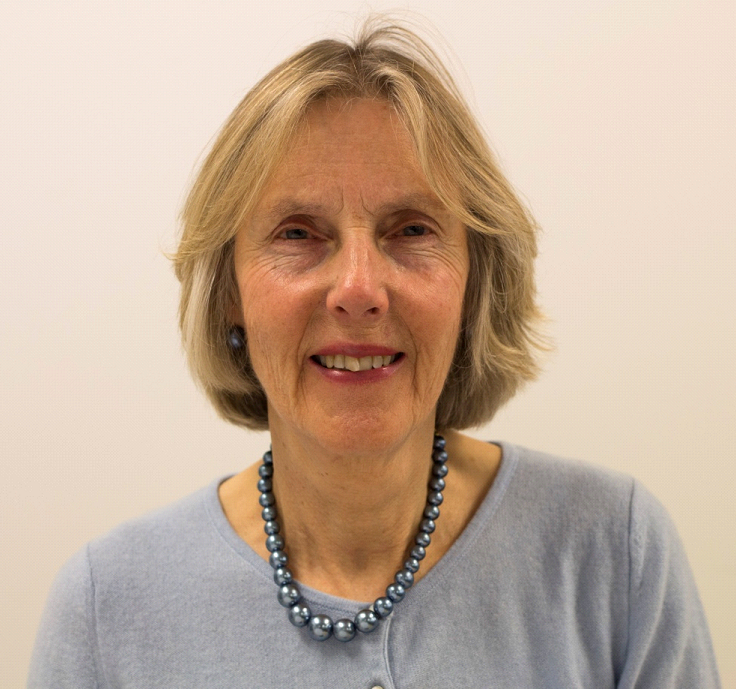Canadian initiative ups the advocacy for patient and public partnership
 Mao’s listening experiment was short lived. And those who voiced critical concerns about his regime during the “Let a hundred flowers bloom/Let a hundred schools of thought contend,” campaign paid a high price for it. Western health systems frame themselves as listening and learning organisations, but don’t have a good record on encouraging and supporting staff to speak out about failings, or systematically using complaints and feedback data from patients and families to inform change. In part perhaps, because political and professional trust in “the voice of the people” is limited. This bedevills efforts to shift from a paternalistic to a partnership model of care. So how can this shift be advanced?
Mao’s listening experiment was short lived. And those who voiced critical concerns about his regime during the “Let a hundred flowers bloom/Let a hundred schools of thought contend,” campaign paid a high price for it. Western health systems frame themselves as listening and learning organisations, but don’t have a good record on encouraging and supporting staff to speak out about failings, or systematically using complaints and feedback data from patients and families to inform change. In part perhaps, because political and professional trust in “the voice of the people” is limited. This bedevills efforts to shift from a paternalistic to a partnership model of care. So how can this shift be advanced?

Patient advocates and health professionals leading organisations dedicated to advancing patient and public involvement (PPI) in healthcare were challenged to answer this question at a recent meeting in Montreal. The meeting was convened by the Centre for Excellence in Patient and Public Partnership, set up in 2015 and funded by the University of Montreal. Its mission is “to make collaborating with patients and the public “a science, a culture, and a new standard to improve health for all.” One of its goals is to network and annually bring together experts in PPI in a Davos style meeting. Its ethos owes much to the drive and management skills of its patient co director, Vincent Dumez, who lives with haemophilia.
For those on a first visit to Francophone Canada opening presentations in both French and English provoked a moment of anxiety. “Zut Alors! ” is that expected of us all? Thankfully not, and Fabrice Brunet, CEO of the University of Montreal Hospital Centre and the Sainte-Justine Hospital, deployed excellent English in an opening call to health systems to “catch up with the new knowledge and skills patients and citizens have acquired.” “Working with patients and family members in his own hospital had “dramatically improved” its work, he said.
A useful conceptual anchor was then thrown out to the meeting in the form of a framework for PPI in healthcare developed by Kristin Carmen, director of PPI at the Patient Centred Outcomes Research Centre, and a fellow speaker. This cuts through the alphabet soup of terminology, and clearly sets out the main contexts and levels at which PPI can occur and the research agenda to address knowledge gaps.
Unsurprisingly, most of the invited delegates addressed the question on “levers to accelerate partnership at the front line of care” with reference to their own work. And strong emphasis was put on scaling up interventions that are known to be effective, such as personalised care planning, shared decision making, and co-design of services. Empowering patients and families, not least through access to information and ownership of health records was also underlined, along with teaching health professionals partnership skills, incorporating patient experience data into health technology assessments, and appointing patient advisors to health ministers and CEOs of hospital trusts. Strong leadership on PPI was also flagged as vital along with extending and collating the already substantial evidence base on how and where to embed PPI in health systems—and the cost benefit of doing so. Policy makers need convincing that PPI is the route to better, safer, more equitable, and sustainable health systems.
Interestingly, no mention was made of the growing number of charters of patients rights, some of which encapsulate citizens right to be empowered to be partners in care. They lack legal teeth, but can support patient and health professionals advocacy for partnership and spur organisational change in health systems. The recent Indian charter of patients rights speaks volumes about how much both are needed.
Those pinning their hopes on artificial intelligence and big data as the single most effective lever to promote partnership—and several were—got scant comfort from Robert Califf, a cardiologist and director of the Center for Actionable Health Data Science at Duke University School of Medicine.
“It might scale up partnership or create more division,” he said. Its transformative potential needs to be tempered by awareness of the commercial and political interests at play, he warned.
On the plus side it could provide real time and longitudinal “digital footprints” of people’s health, priorities, preferences, and use of services, as well as their experience of using them. Reduce fragmentation of care and information and free up time for more face to face contact between health professionals and patients. All agreed this is vital. High quality care is crucially dependent on good conversations, and good relationships between health professionals, patients and families.
But organisational change can deliver this too. A Dutch “cure for increasing healthcare costs,” based on reorganising hospital care to provide more time for the initial exchange and assessment, and joint decision making about best management, has been shown to pay impressive dividends.
Other issues that surfaced were how to ensure the PPI movement, which is mostly being pushed by white, well educated people, is an inclusive one which takes full account of diversity, and where to draw the line between voluntary versus paid roles for patients in healthcare organisations. Conflicts of interest were also raised. Can patients in single disease groups reliably represent and advocate for all patients? Yves Savoie, CEO of the Heart and Stroke Foundation of Canada, was adamant that they can, and went on to express frustration about political conflicts of interest in the “healthy eating space” and misinformation propagated by social media.
As they left the meeting, participants were asked to make personal pledges to advance the patient revolution. No prizes for guessing mine was to grow PPI in medical journals and spread the learning on initiatives, big and small, which are collectively advancing the patient revolution, one step at a time.
Tessa Richards, The BMJ. You can follow her on Twitter @tessajlrichards
Competing interests: TR was invited to the meeting during which she spoke about the BMJs patient and public partnership strategy. Her flight and accommodation were paid by CEPPP.
